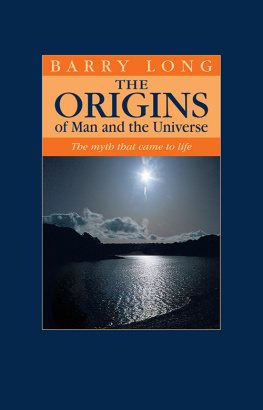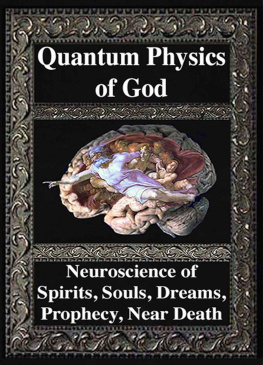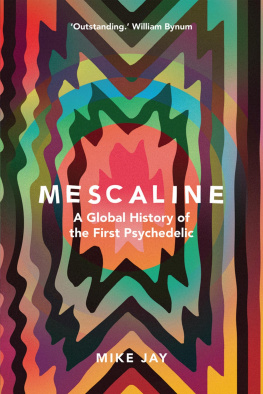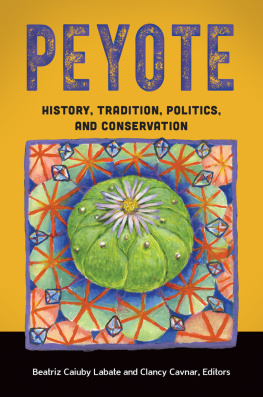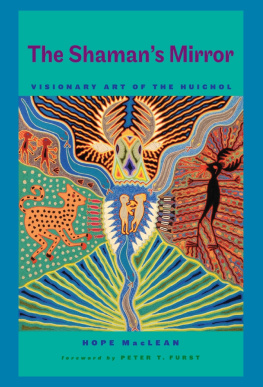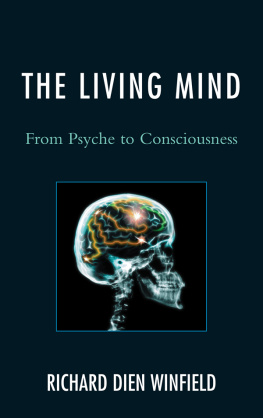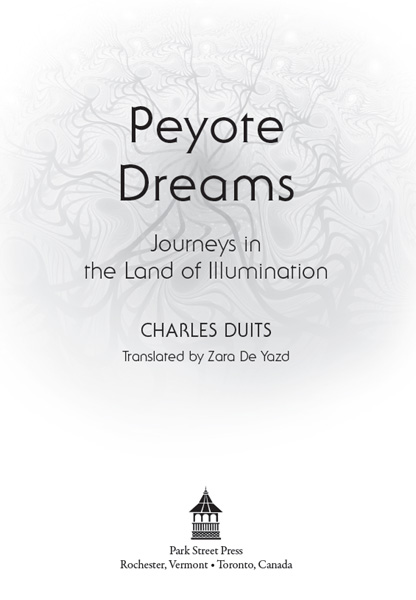
Peyote Dreams

Brilliantly and poetically written, completely engrossing, and magically able to describe the indescribablethe majesty and inner drama of the peyote journeyDuitss work is reminiscent of (but maybe even richer and more evocative than) Huxleys writings on his own mescaline journeys.
ROSS HEAVEN, AUTHOR OFCACTUS OF MYSTERY ANDSHAMANIC QUEST FOR THE SPIRIT OF SALVIA
This poison shall remain
in all our veins even when,
the fanfare turning,
we shall be restored to the old disharmony.
MORNING OF DRUNKENNESS,
IN ILLUMINATIONS, ARTHUR RIMBAUD
INTRODUCTION
He comes down, wakes up, on the other side of the dream.
VICTOR HUGO
Western consciousness instinctively adopts a hostile attitude when confronted with sacramental plants.
It views those who use them, sincere as their intentions may be, as lawbreakers and delinquents. It even refuses to accept that these plants have occupied an important place in the religious life of certain civilizations and still hold one in that of the Native Americans.
This refusal, and the discomfort of which it is a sign, primarily derives, as we shall see, from the image the West has constructed of mans relationship with the universe.
This is because we never cast doubtalthough it is we who have made doubt the foundation of our philosophical traditionon the exactitude of that image, for which reason the use of sacramental plants scares and scandalizes us.
It seems obvious to us that every substance that acts on the mindthe word we use to designate, in fact, the sole form of intelligenceis an obfuscator, a narcotic. Therefore, the protests raised by their adepts have no power. If sacramental plants fog the crystal of sight, they should be banned, and the attitude of the authorities is justified, but what if their effect is entirely different? No one envisions that possibility. The implications would be too serious.
However, it has become essential to envision this. For some years now, new substances have been inventedmescaline, LSDthat are currently enjoying vast dissemination. Many, especially among the young, are the explorers of the Oneirocosmos, and the books dedicated to their adventures are plentiful.
Suspicion continues, however, to surround those who make use of what I would like to call, in order to distinguish them from actual narcotics, the consciousness expanders. As a rule, the authorities show less concern about understanding than about healing and punishing.
The time has come to accuse the accusers, or rather, for they are only cogs in the works, the time has come to ask ourselves if, by condemning universal practices, we show that the protection of our heritage matters to us more than the truth and life itself and that we prefer beliefs that, in the end, satisfy naught but our pride.
Rare are those men who know how to make themselves night and to find certitude in the starry expanse of their interior sky.
The majority joylessly attend to their dark tasks. At every step we encounter sullen faces, eyes colored by venom. There is no doubt that injustice is widespread. Does it explain this constant bitterness and hard crease of the mouth? Is it enough to transform the world, to change life? I think the evil goes deeper. Man has been stricken in his very core, eaten away as if by acid.
It is true that he only becomes aware of this situation fleetingly and, so to speak, obliquely.
His passions, his works, his wars distract him, just like the games that complicate his free time. Everything happens as if he, in order to hide an invincible sorrow, is erecting walls laden with weapons and flowers between that sorrow and himself.
It so happens that Western religion and philosophy both strive to convince us that this sorrow has no discernable cause and is actually invincible. They claim we are unhappy because we are lucid. This, according to religion, is because sin has broken the original covenant and established an essential distance between man and God, but, philosophy adds, this rupture is necessary; the fall is actually an ascension. We have lost our innocence, the empty serenity of animals: so be it. However, by opposing ourselves to the divine law, which is to say, nature, we invented the mind.
It is true we are divided, and this division is an evil, which appears to consciousness as a stain and a sorrow, but this internal fissure is also the sign of the human and, if I may say so, of the very humanity of man. It is, like Jacobs limp, the proof of his being a chosen one.
There is little doubt that healing is the fundamental purpose of all our activity. For religion as for philosophy, it is unification: the victory of good over evil, love over discord, mind over flesh, and, finally, man over nature. It is the Communion of saints and the Universal Republic.
Onlyand this is the major pointthe West always imagines the unifying process as a slow progression, a fierce struggle. The obstacles are numerous, and we should, as almost all our books teach us, overcome and eliminate them. This is to say, we cannot obtain salvation, the peace of unity, here and now, on this Earth or in this moment in which we now find ourselves in history. Its place is heaven or the future. Here and now, night surrounds us. This is how the church and revolution speak to us. Only the carmine line sketched by the horizon keeps despair and the demons of the absurd at bay.
Although cursory, these observations explain, I believe, the discomfort that contemplative doctrines inspire in most of the Western religious thinkers and philosophers. The West has formed a dualistic image of mans relationship with the universe. What this means, simply, is that we take our obsessive contradictions for reality and also attribute to work a value that is, strictly speaking, salvific. For us, it is not a question of contemplating but of thinking and doing. Whoever seeks salvation in the present is asserting that the world, here and now, is perfect and that those who deny it have neither eyes to see nor ears to hear. He stands opposed to the entire Western tradition. His language is, undoubtedly, identical to that of the gospels, but, for this very reason, he is irritating and scandalous. He is the quintessential enemy.
The German philosopher Georg Wilhelm Friedrich Hegel and his disciples understood this point perfectly. Hence, the hatred inspired in them specifically by India and generally by all the contemplative doctrines. In their eyes, the silent felicity of the Eastern sage is necessarily illusory. His attitude is a denial of the human condition and is manifested in the realm of action in the form of pure violence, a violence that justifies that of the philosopher. (An illustrious reviewer of the phenomenology goes so far as to declare that if we cannot communicate with the Eastern sage, it is lawful to kill him.)
In other words, from the moment we identify dualistic consciousness with gooda consciousness, it is important to stress, that is also the ordinary guarded consciousness, the colorless light that bathes our gestures and thoughtswe are obliged to identify ecstatic consciousness with evil.
Oneness is thinkable, undoubtedly, but according to Western religious thinkers and philosophers, it is not something that can be experienced. It is instant, a luminous promise, the oneiric fusion of the absolute and the relative, drunkenness. All that can be built on this sand are smoke castles.
Next page

